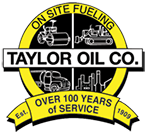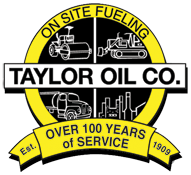Construction Refueling Plan – Do You Have One? – If you don’t have a construction refueling plan, it’s time to come up with one. This is critical in preventing emergencies, especially during the winter. Plus, it helps you smoothly handle your fueling needs without stress. The economy is improving, which is increasing competition in the construction industry. That boost in competition means that only the most efficient and reliable firms will stand head and shoulders above the rest.
Failing to have a re-fueling plan for your construction equipment can affect the timely completion of projects. If you can’t complete a job on time, you lose money, time and productivity. Partnering with a responsive fuel provider can make all the difference in developing a strategy to put continuity of equipment-based operations at the forefront.
So why do construction delays, failures and setbacks happen? Well, it has a lot to do with management frameworks punctuated by poor planning. There is indeed a cost to bad project management. According to a PricewaterhouseCoopers study reported by Gallup, just over two percent of organizations had a 100 percent success rate in their project management performance.
Developing a Plan
You may be wondering where you should start. First off, contact your local commercial fuel provider to check on the feasibility of provisions. Taylor Oil can certainly help you in this endeavor, as we are the trusted fuel provider for construction firms throughout New Jersey and the northeast.
A service provider that offers a variety of services, including customizable scheduling capabilities, will ensure you get 24/7 support when you need it most. By having someone on your side to provide fueling throughout the day, night or weekend will not only cut down on the risk of delays but failures as well. You benefit from a stronger reputation in the marketplace, translating to additional opportunities for contracts and revenues.
When developing a refueling plan, take into account the following:
- Project duration
- Location
- Frequency of fill ups
- Equipment size
- Type of project
- OSHA regulations
- History of fuel consumption
- Job site requirements
- On site vs. mobile fueling
- Volume pricing
- Labor costs
- Liability
Once you have a plan in place, get it in writing and post it. Review often and adjust as needed. Taylor Oil makes it easy to create a plan and stick with it. Request Fuel today to get the conversation going – before winter hits!


